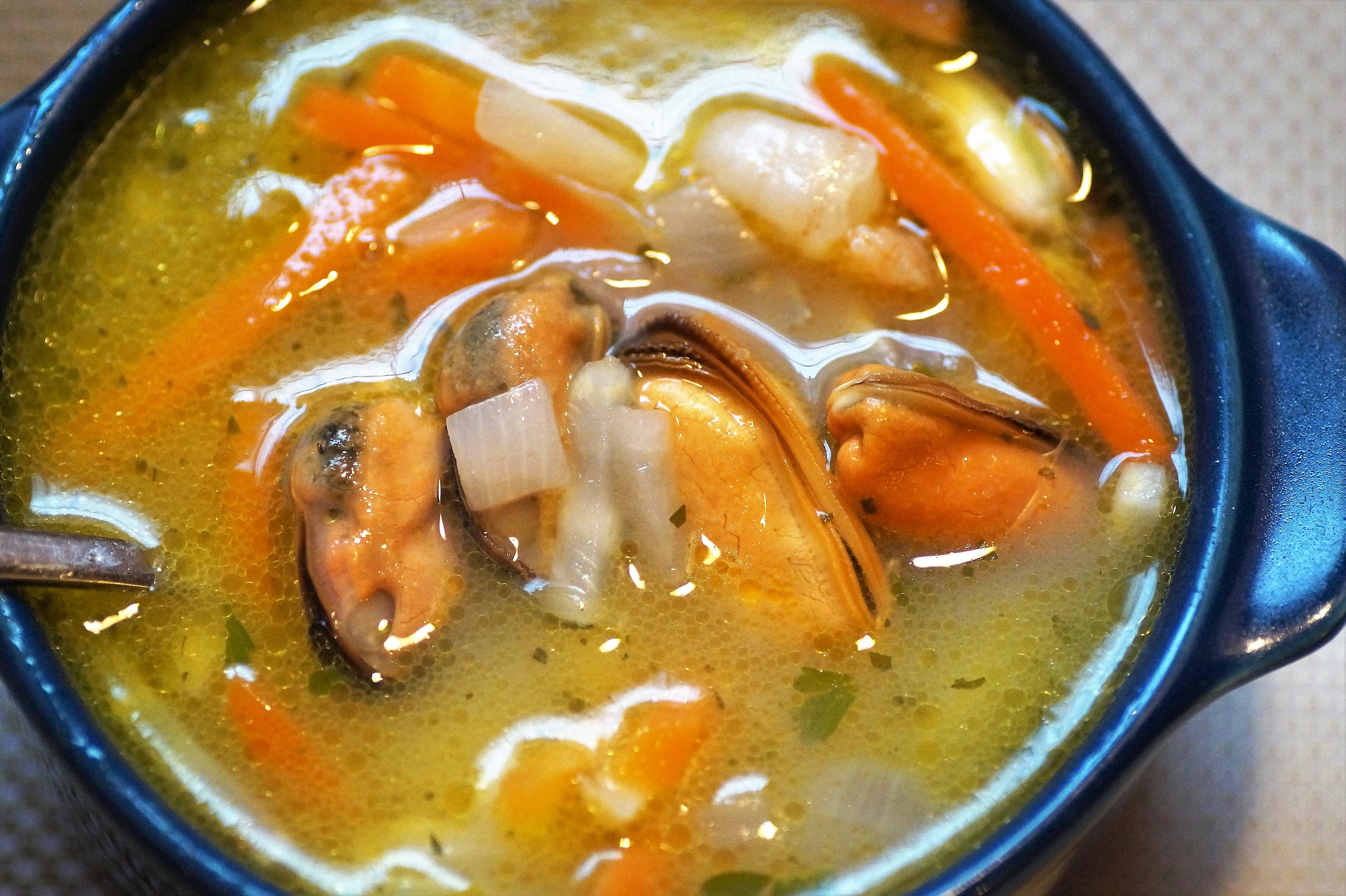Attachments
Note: Not all attachments are visible to the general public. Research URLs will go live after the embargo ends.

Journal/
conference: Environmental Pollution
conference: Environmental Pollution
Research:Paper
Organisation/s:
The University of New South Wales, NSW Government, The University of Queensland, The University of Sydney
Funder:
National Health and Medical Research Council (NHMRC) Targeted
Research Grant (APP1185002) awarded to Neely, Nakagawa and
Hesselson.



 Australia; NSW; QLD
Australia; NSW; QLD


